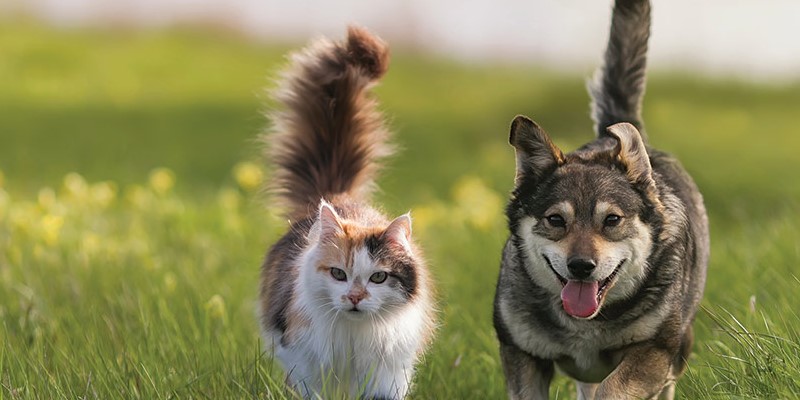Are you in the right place?
If you purchased your policy before 28 October 2025 and your policy starts with RSAP then you’ll find all of the information you need below or on our manage your policy page.
If you purchased your policy after 27 October 2025 and your policy number starts with PETMS, you’re not on the correct website and will need to go to the M&S plc web pages.
Pet insurance benefits
- Access to vetfone™ on 0800 980 5583 - a freephone 24 hour helpline
- M&S Pet Insurance gives you access to a range of services from information about local pet care providers to bereavement support
- Dental cover for accidents, injury and illness included on Standard, Plus and Premier policies. Please view T&Cs to see what is not covered
M&S Pet Insurance is arranged, administered and underwritten by Royal & Sun Alliance Insurance Ltd (RSA).
Get in touch through live chat
Use the quick and easy Live Chat option and get in touch to ask a question. RSA are open Monday to Friday 9am-5pm (excluding bank holidays).
If you want to chat about your policy or renewal, learn more below.
What's not covered?
M&S Pet Insurance can’t cover everything, some of the things M&S Pet Insurance doesn't cover include:
- Any pre-existing conditions you or your vet were aware of before the policy start date.
- Any illnesses which you or your vet were aware of in the first 14 days of your policy start date.
- The cost of vet treatment for an illness your pet must be vaccinated against.
Read the policy wording for full details of what is and isn’t covered with M&S Pet Insurance.
Claiming on and renewing your policy
If you already hold an M&S Pet Insurance policy and need to make a claim or renew, visit the manage your policy page for support.
Important pet insurance information
FAQs
As pets get older, sadly they’re more likely to get ill. In fact, RSA claims data shows that the cost of looking after your pet’s health doubles every four to five years. That’s why your renewal price increases each year and your excess will increase when your pet turns nine. Unfortunately, once a pet has been taken ill, they’re more likely to get ill again. That’s why, if a claim is paid, the price you will pay next year can double. How much they go up is different for everyone and depends on things like your pet’s breed, their age and health.
Whatever policy you have you will not be able to claim for any changes in your pet's health or behaviour before your policy start date or in the first 14 days of cover or for death from illness after your pet's 9th birthday. Please note that if you change your cover level at renewal, the maximum amount you can claim and the treatment period may change.

